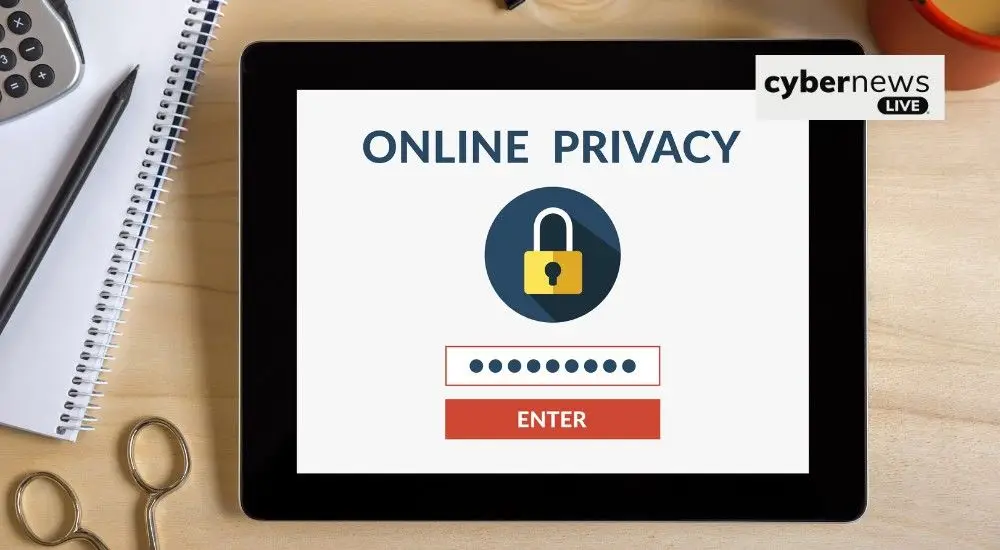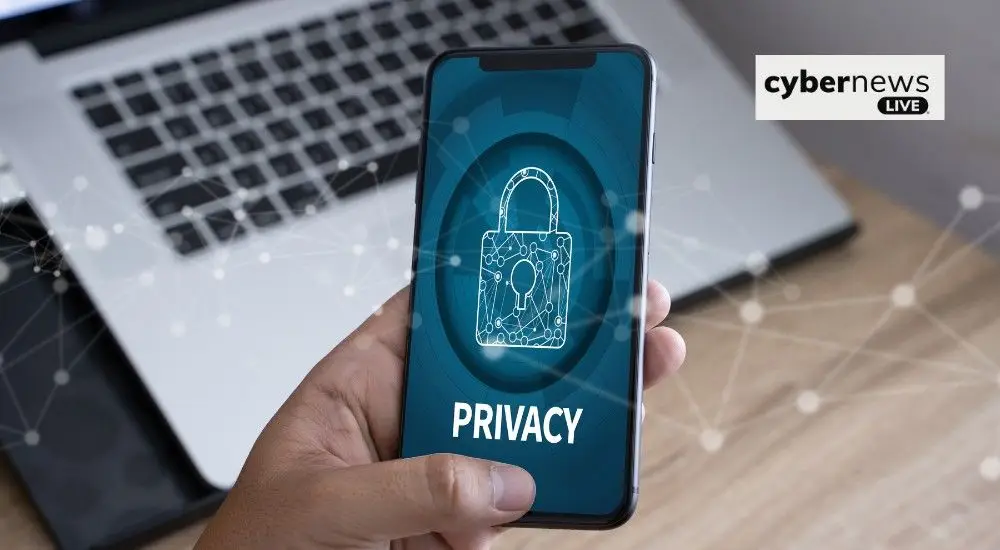

Online Privacy: Protecting Personal Information From Being Shared Or Accessed By Unauthorised People
Security is paramount for both the physical and digital worlds as data breaches have become increasingly common, potentially exposing millions of customer’s data to cyber criminals. Privacy pertains to an individual’s right to how their personal information is accessed, shared, and utilised. It encompasses managing data dissemination and protecting this data from unauthorised exposure. Conversely, security refers to the measures and protocols designed to shield data from potential threats, such as unauthorised access by hackers or cyber criminals. Adopting robust cyber security measures is imperative to reduce the risk of falling victim to such attacks.
Both privacy and security are integral to ensuring comprehensive cyber safety. Privacy ensures that individuals retain control over their personal information, while security safeguards against external threats that could jeopardise that information. Recognising and addressing both aspects is essential to maintaining robust cyber safety. It’s crucial to actively exercise privacy rights and implement adequate security measures to protect your data within the digital environment.
Here are some tips for maintaining strong online privacy.
Tips to Strong Online Privacy


Be Smart About Device Usage
Smart devices have become integral parts of our lives, encompassing everything from home assistants to fitness crackers and toys. While these devices offer convenience and functionality, they also contain some inherent risks. Hence, it’s critical to approach them cautiously to avoid potential privacy concerns. Before buying any security device, thoroughly research its privacy and security features. Look for credible reviews and resources to evaluate device security features to protect your security. Carefully review the device’s privacy policy to understand its operating mechanism. Pay attention to whether the device is sharing your information with third parties. If any policy aspects are unclear, don’t hesitate to seek clarification from the manufacturer or retailer.
Cleaning Up Email Trails
In both our personal and professional contexts, email remains a pervasive means of exchanging information, including sensitive information like financial and identity details. This could also include details about family and friends. Email stays in our devices longer, making them attractive targets for malicious actors. To protect yourself against email attacks, use more robust and distinct phrases. This helps prevent unauthorised access and reduces the likelihood of compromised login credentials. Periodically audit your email accounts and transfer important correspondence to a secure document management system or an encrypted device. Delete the unnecessary emails from your device to reduce the risk of sensitive information remaining accessible in your account longer than necessary.
Be Cautious What You Share with Apps & Services
Social networks and other online platforms collect extensive data about you, including your interests and online activities. To enhance your online security and privacy, it’s crucial to minimise information sharing with apps, websites, and social media. Share only the details of the requirements on your social media profiles. Avoid providing optional details such as your middle name, phone number, or detailed personal information. Create a separate email address for subscriptions and other non-essential uses. This will help keep your primary email address secure and reduce the risk of exposure or misuse. Regularly review and adjust the privacy settings on your social media accounts to control who can view your information. Limit access to your posts and personal details to trusted connections only. Create a strong password mixing of uppercase and lowercase letters, numbers, and special characters. Avoid using easily guessable information like birthdays or common words.
Protect Against Phishing
Phishing remains one of the most prevalent and dangerous tactics cyber criminals employ to gain unauthorised access to personal information and cause significant harm. Understanding how phishing works and adopting proactive measures can help you protect yourself from falling victim to these malicious schemes. Phishing involves deceptive tactics such as emails, messages, or phone calls that appear to come from legitimate organisations, often incorporating official branding or logos to lend an air of authenticity. These messages frequently request sensitive information or urge you to click on malicious links or attachments. Be cautious of unexpected emails or messages asking for personal data or urging immediate action. Legitimate organisations typically do not request sensitive information through these channels. Verify that the email address matches the official domain of the organisation. Be mindful of slight variations or misspellings.
Secure your Account
Safeguarding your online accounts and personal information by implementing robust security measures. Activate two-factor authentication or multi-factor authentication for all accounts and devices whenever feasible. This additional layer of security requires a second form of verification beyond just your password, such as a code sent to your mobile device or generated by an authentication app. This significantly diminishes the likelihood of unauthorised access. Use different passphrases that are not based on commonly known phrases or words across multiple accounts. Store your login credentials in a trusted password manager. This tool can securely manage and generate strong passphrases for various accounts, ensuring that each credential is unique and protected.
Conclusion
Data privacy is essential for both individuals and modern IT organisations. Once your data is online, it transitions from direct control to digital management by various entities. To ensure that your personal information remains protected and used responsibly, it’s crucial to exercise caution regarding whom you share your data with and to understand how it will be handled. By adhering to the steps outlined above, you can help maintain your information’s integrity and safeguard your privacy and security.
Ensure you are always informed about the latest developments in cyber security. Stay connected with Cyber News Live for timely updates, expert insights, and essential tips to protect your digital life.
